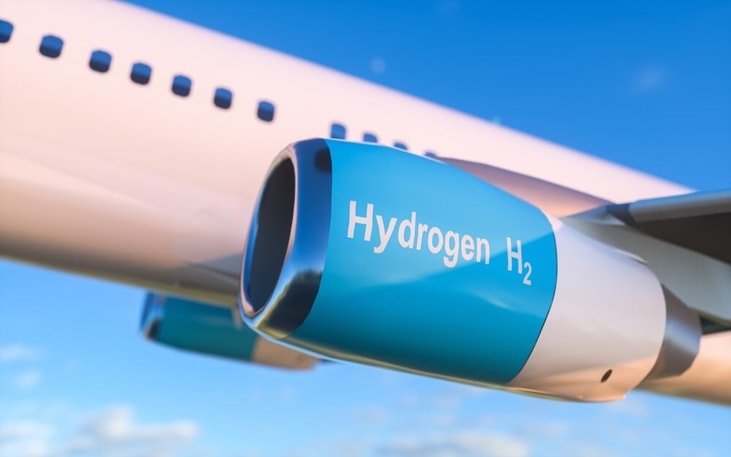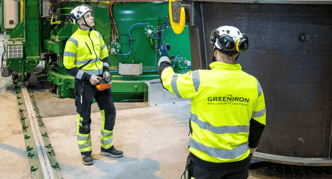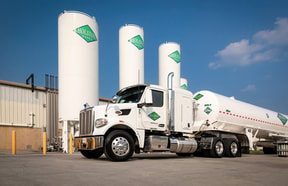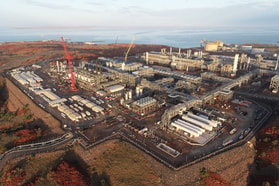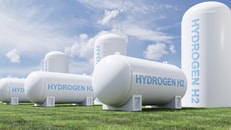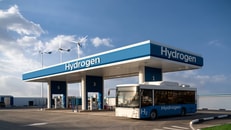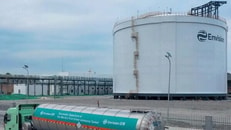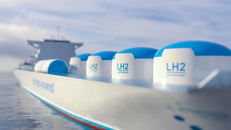GKN Aerospace joins Airbus-led consortium to advance hydrogen flight
UK engineering business GKN Aerospace has joined a Dutch Airbus-led consortium to develop cryogenic and electrical systems for hydrogen-powered aircraft.
The ICEFlight project, part of the Dutch ‘Luchtvaart in Transiti’ programme, will explore how liquid hydrogen can serve as both fuel and coolant to support next-generation electric flight technologies, including superconducting systems.
Superconducting systems use materials that conduct electricity with zero resistance, improving the efficiency and reducing the weight of aircraft power systems.
... to continue reading you must be subscribed

